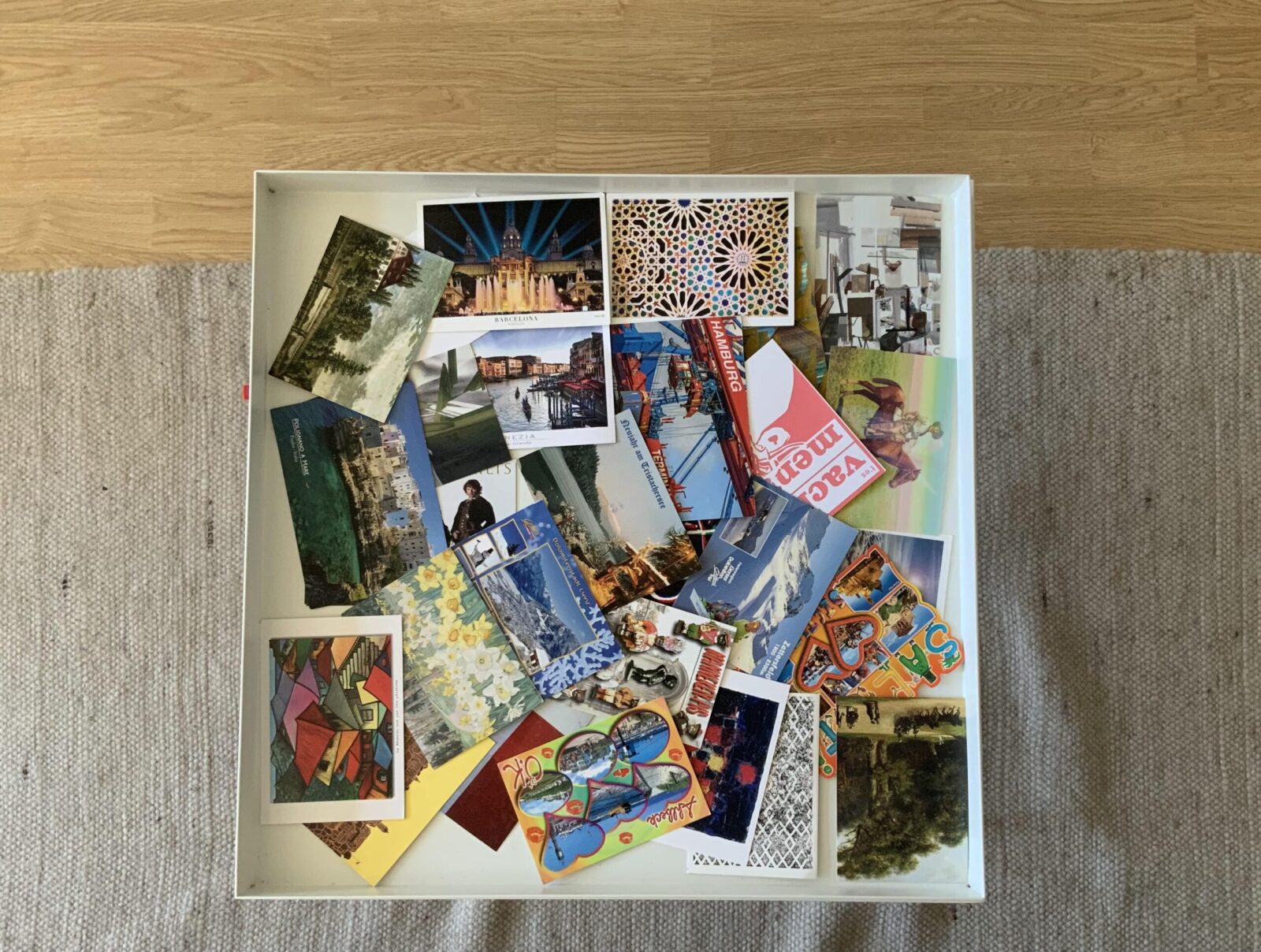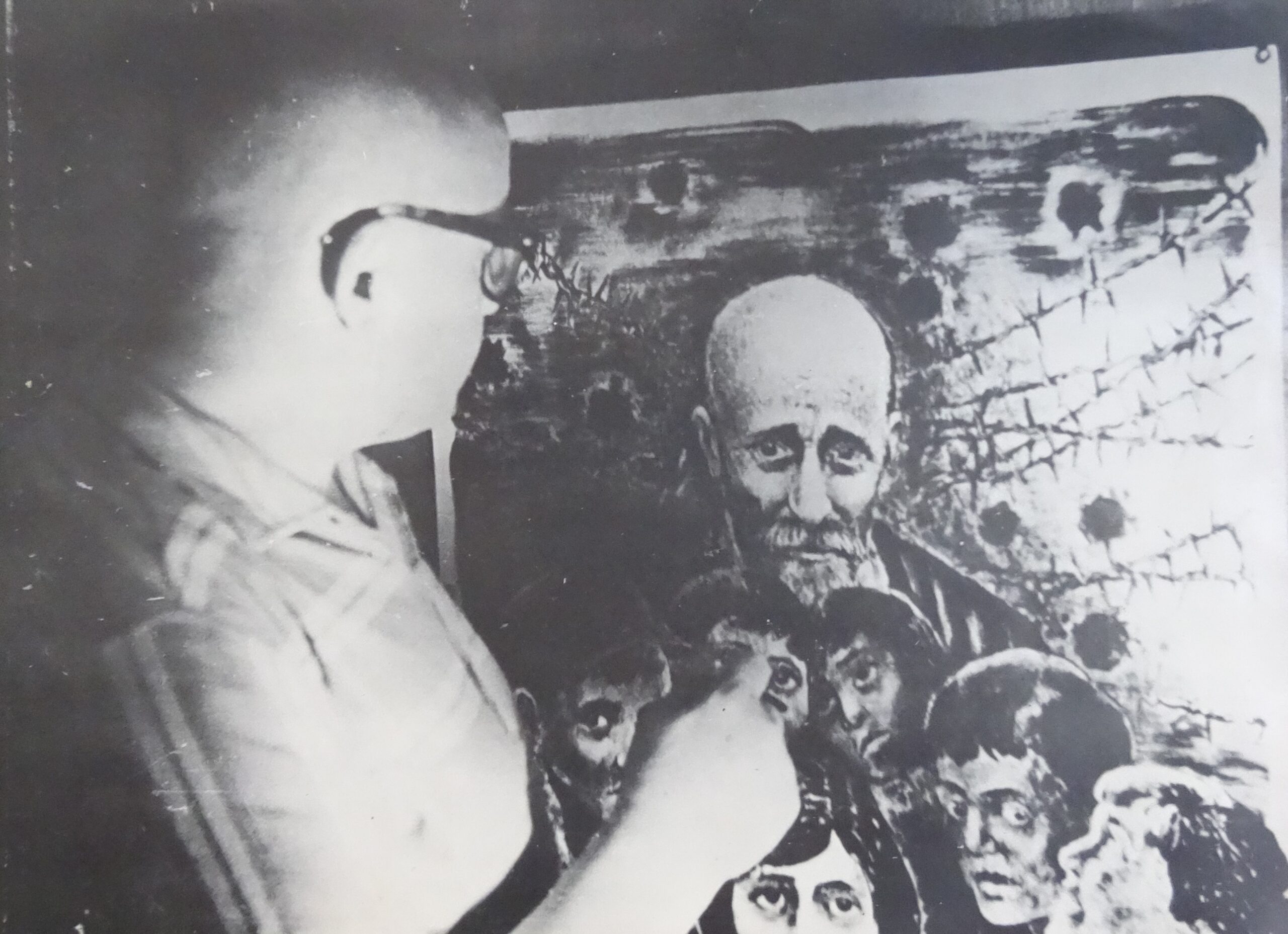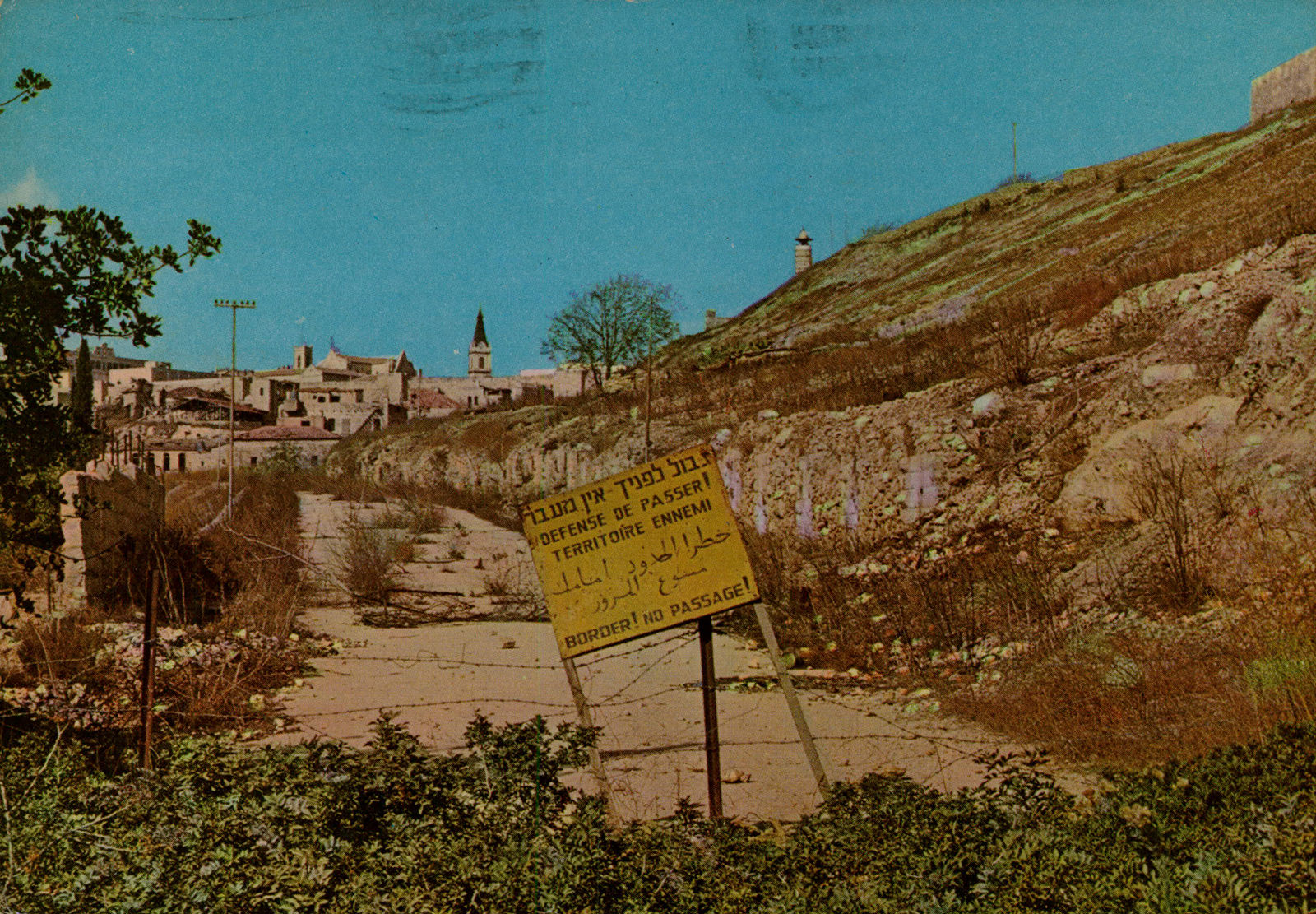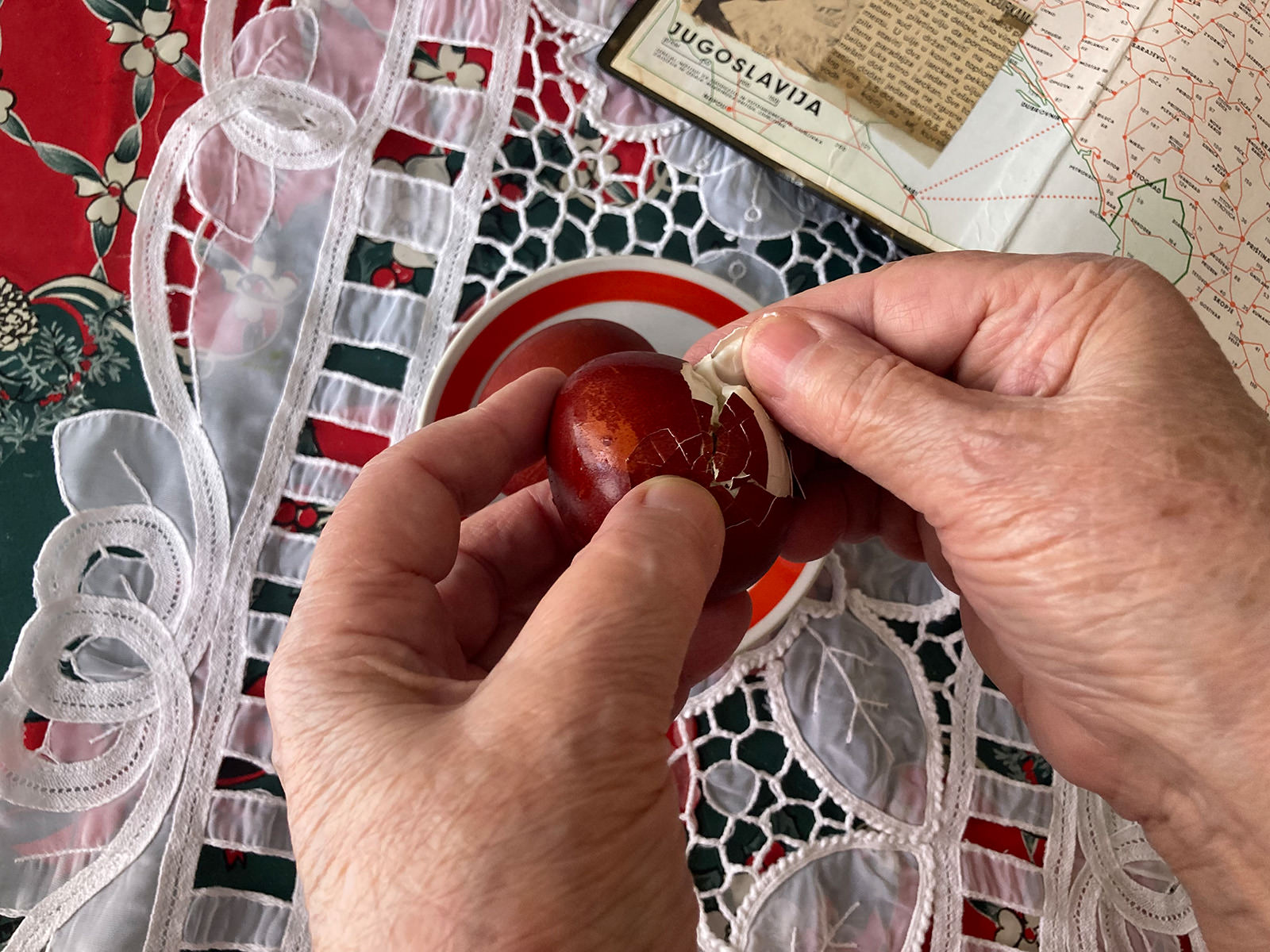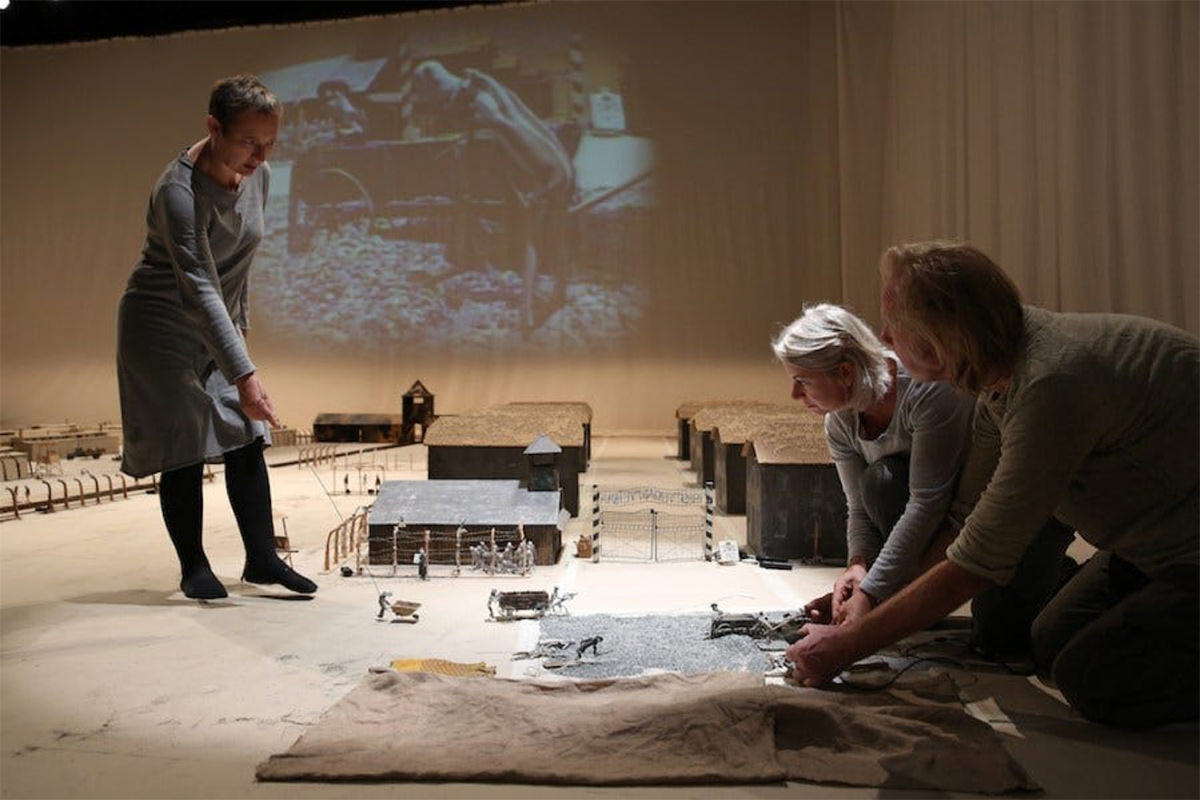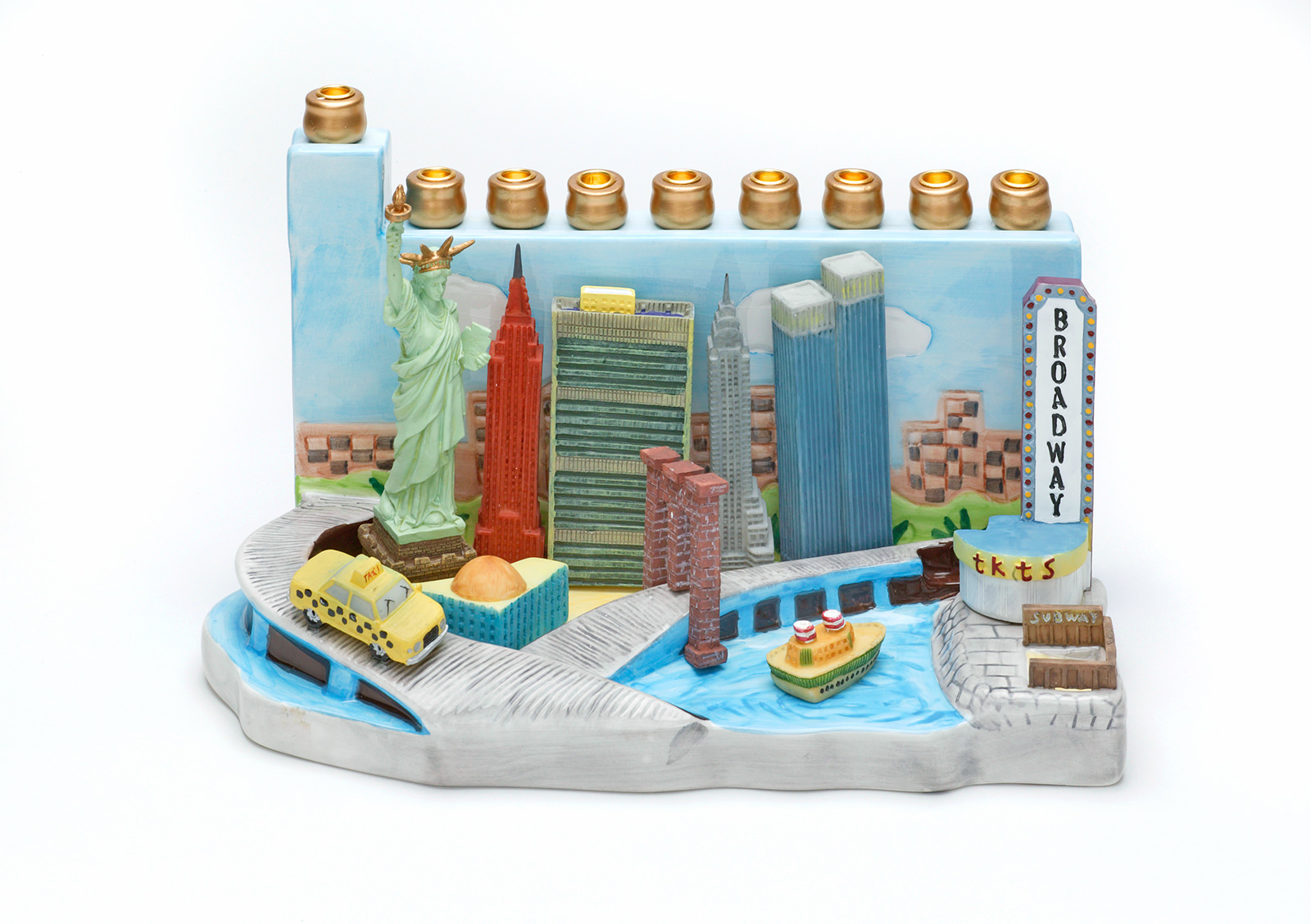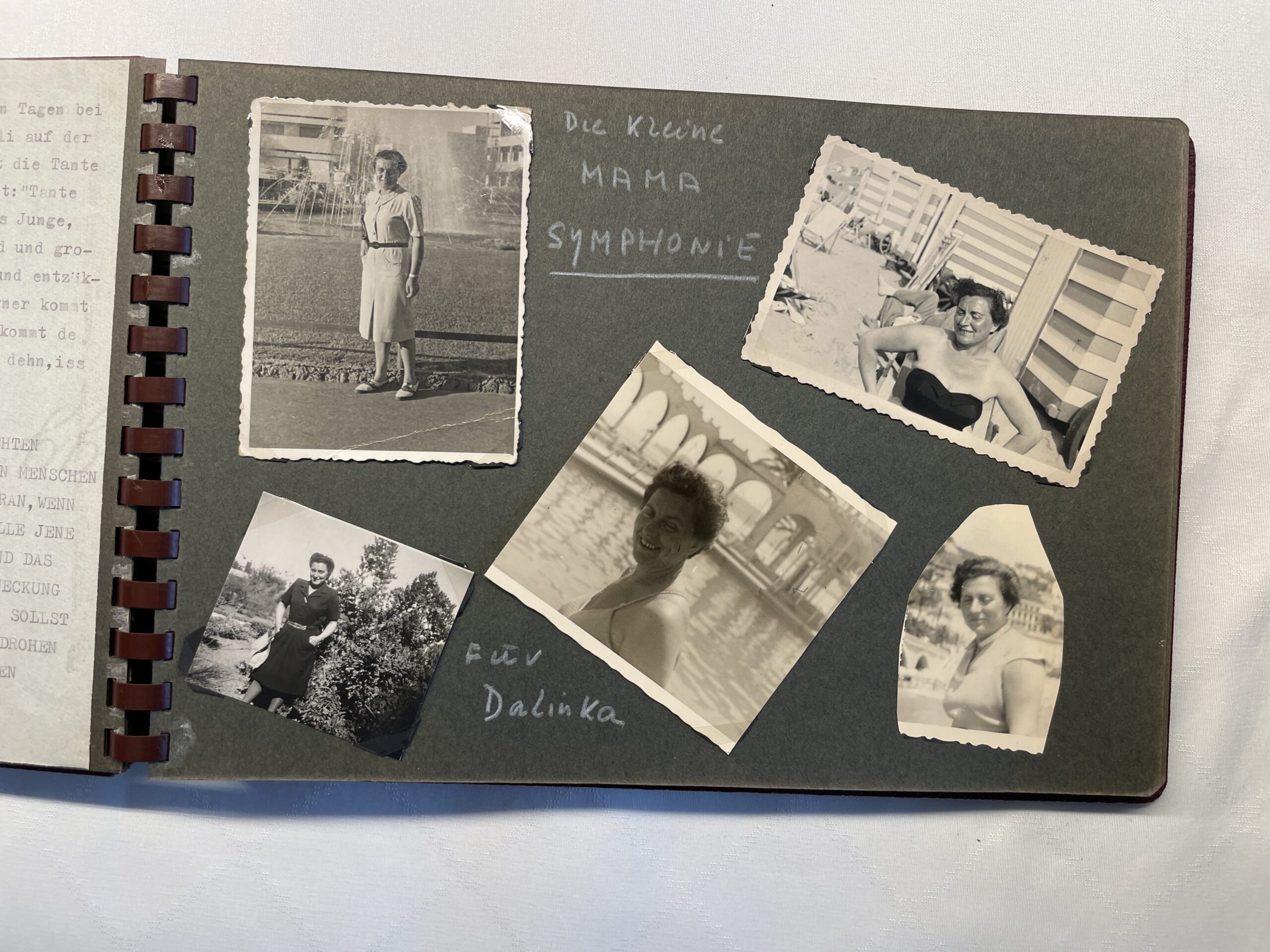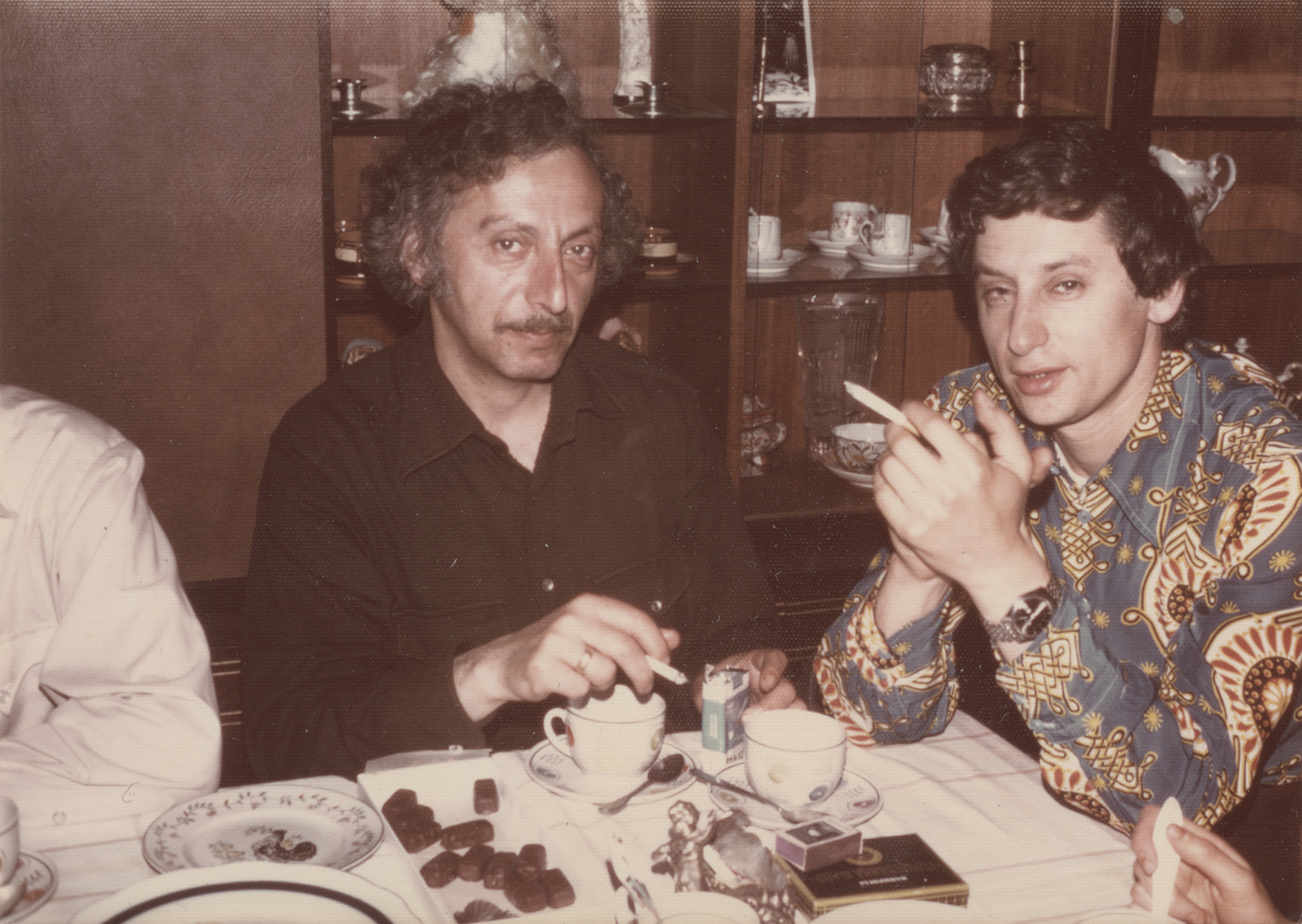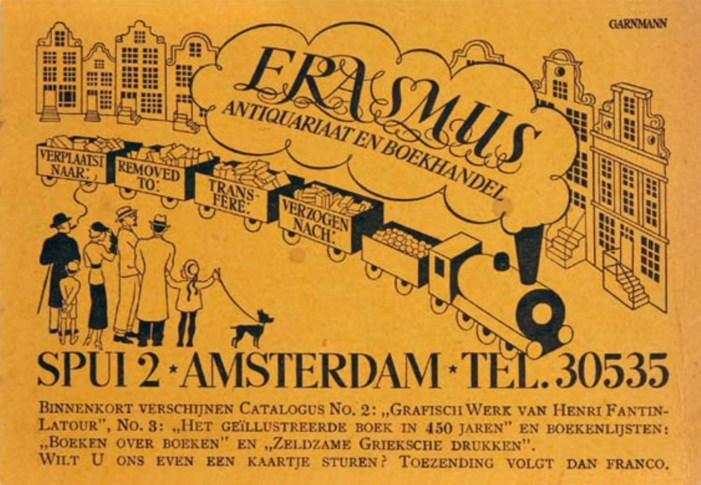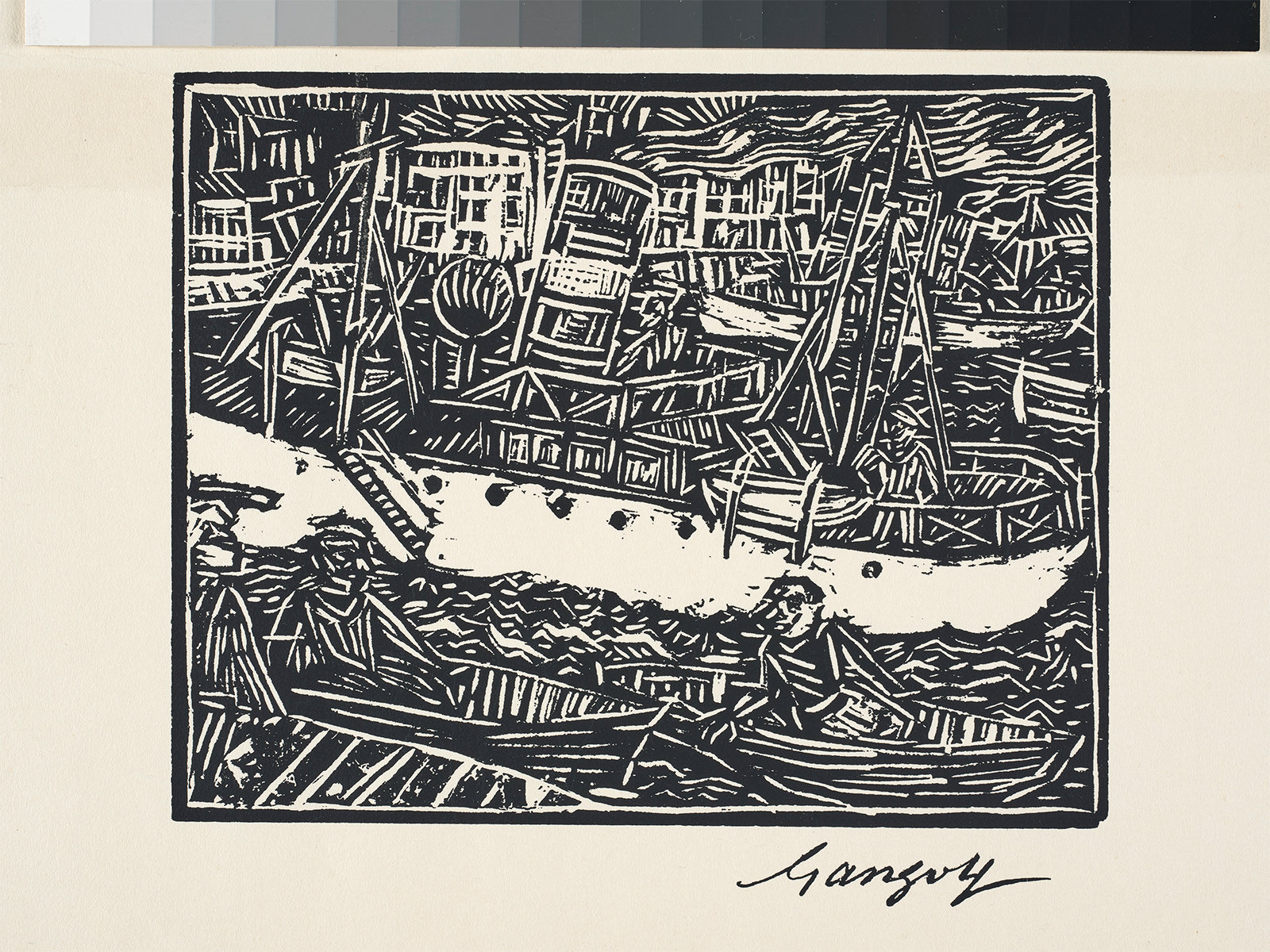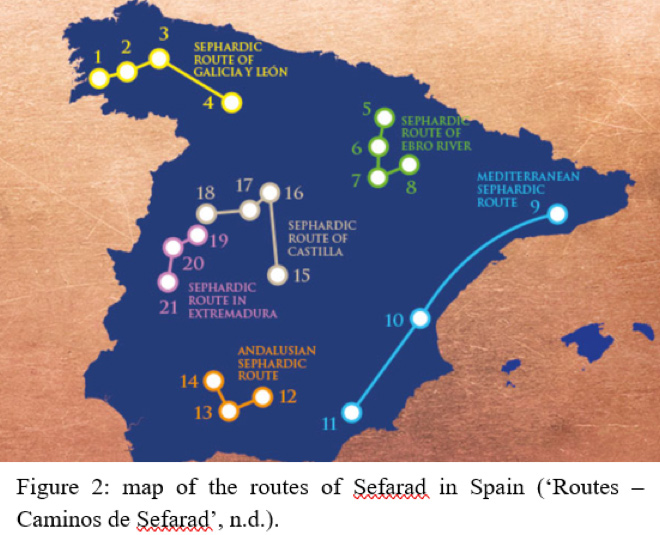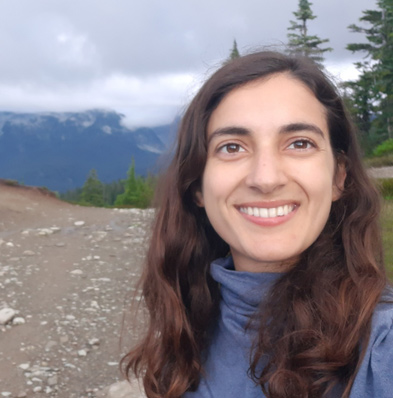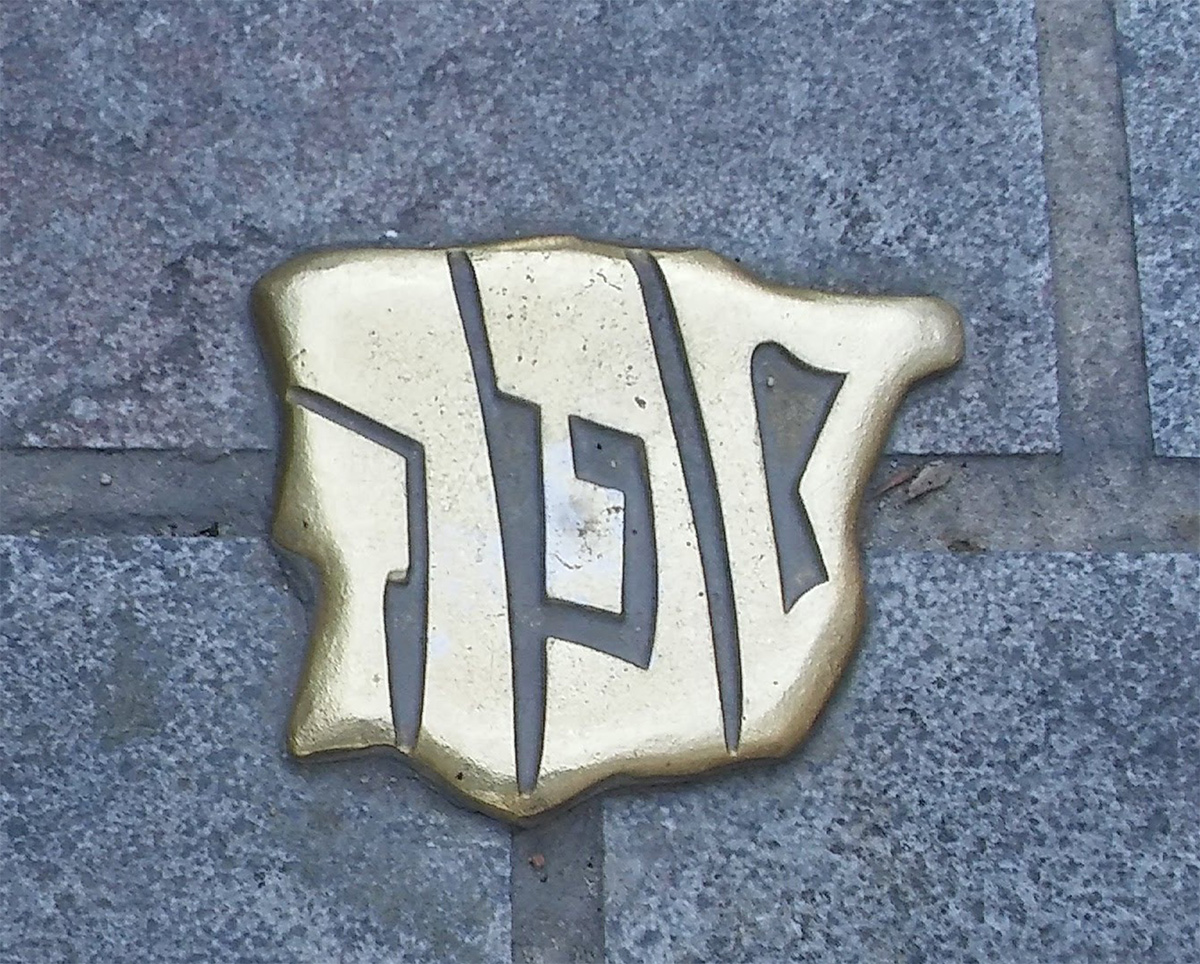
Materializing Memory and Sanctifying Place – Jewish Sephardic Heritage in Contemporary Spain
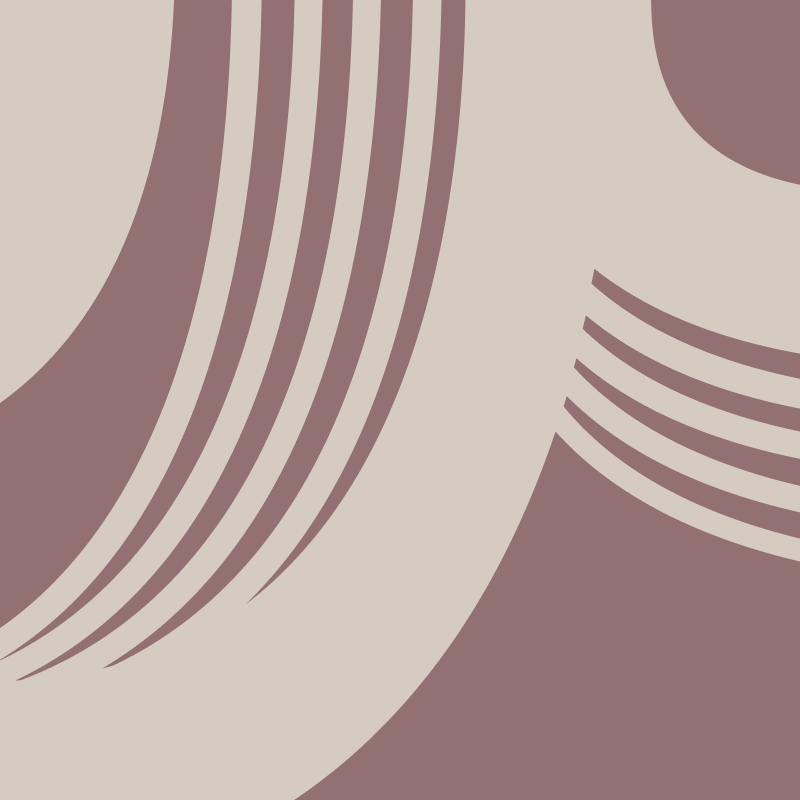
Threads of Identity – The Evolution of Israeli Fashion and the Attempt to Create a National Dress
The Written Silent, the Visible Absence, and the Text in the Written after 1945 – Materiality of Catastrophe, Exile and Belonging in Barbara Honigmann’s Writings
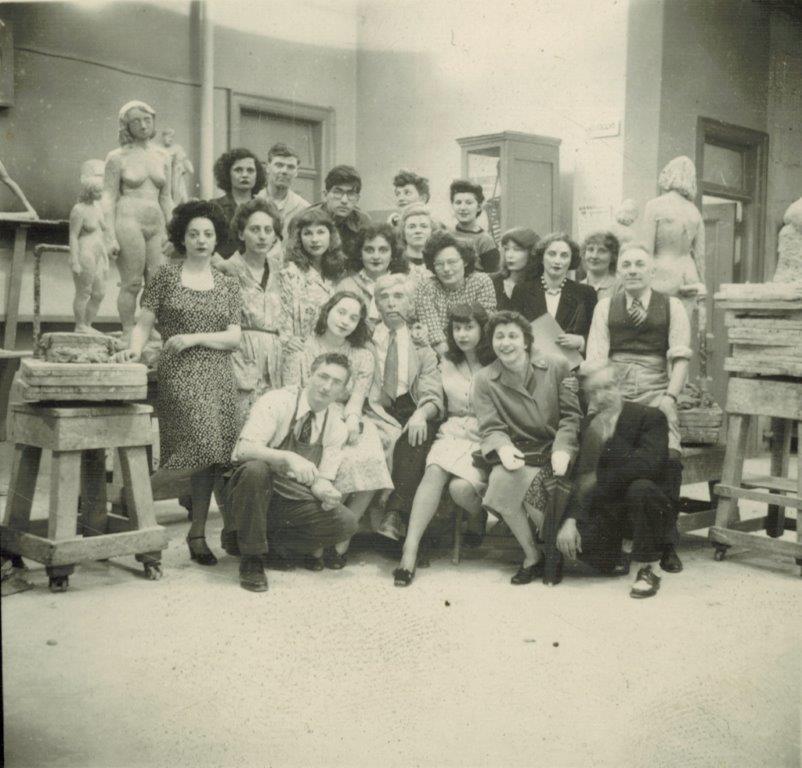
Processing Loss and Fostering Resilience – Jewish and Female Sculptural Strategies of Coping with the 20th Century
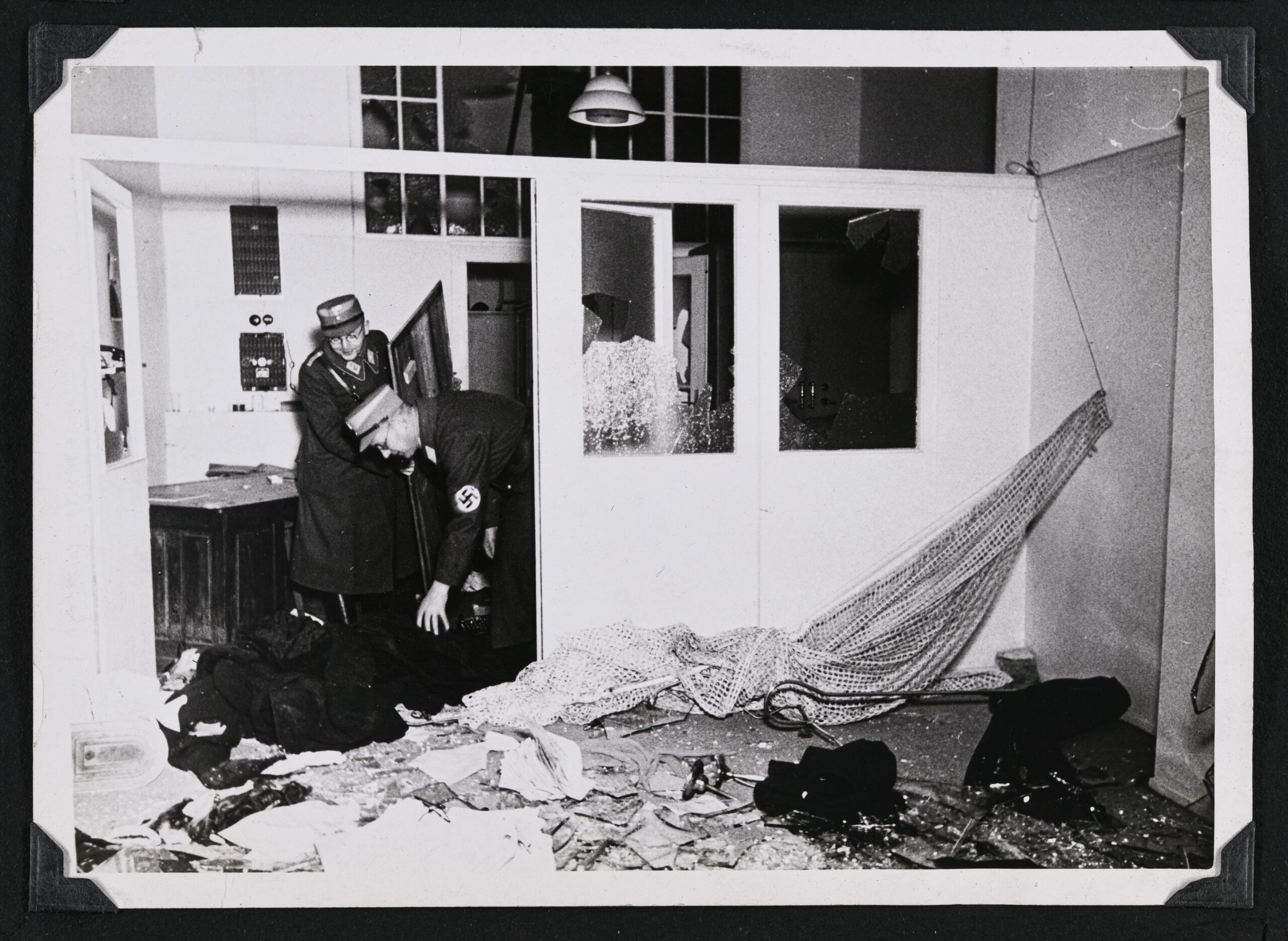
“Home was not Home anymore.” The Destruction of Private Jewish Living Spaces in the November Pogroms of 1938
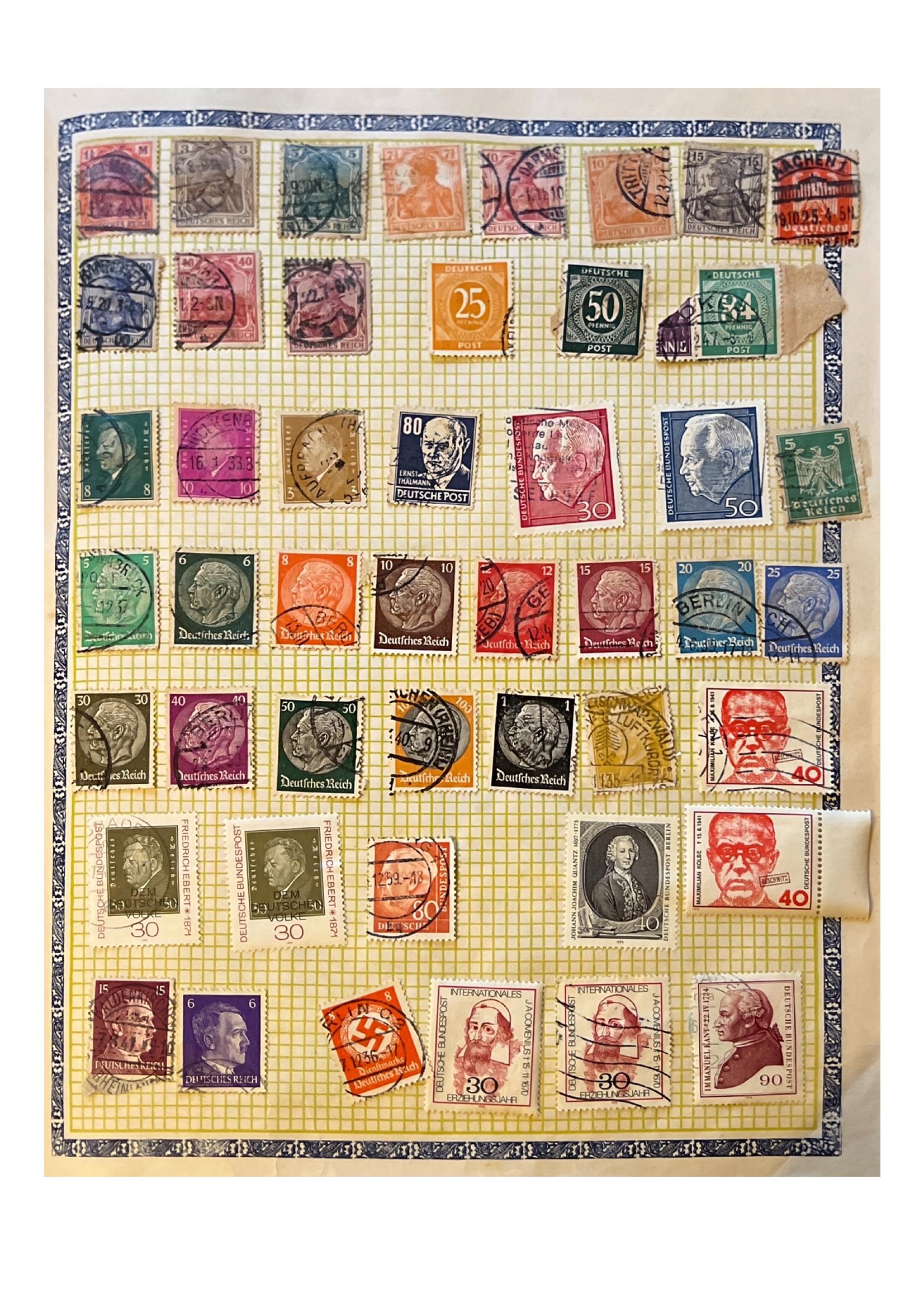
Corresponding with history – Jewish Postage Stamp Collectors and Jewish Emancipation

Nation-Building and Cultural Heritage – The Making of the Jewish National Library in Jerusalem, 1892–1948
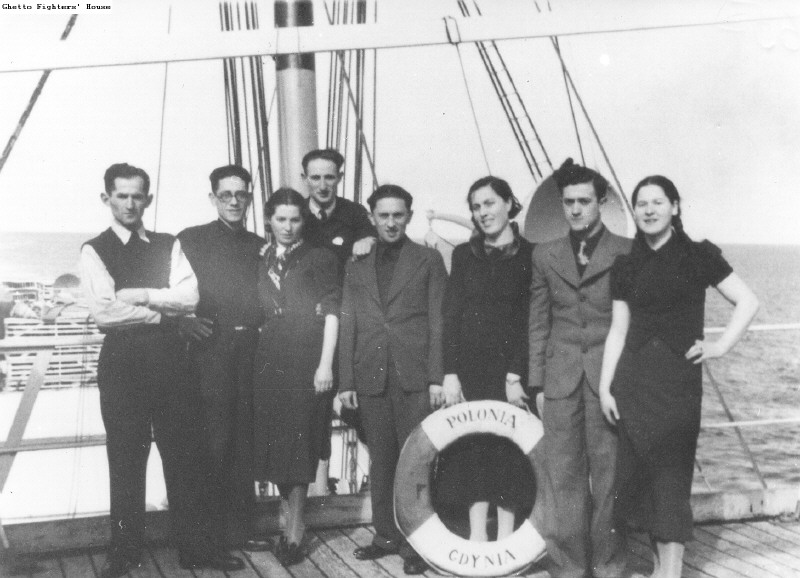
DVARIM POLANIM – Material Culture and the Changing Identity of Polish Jews in Israel across the 20th Century
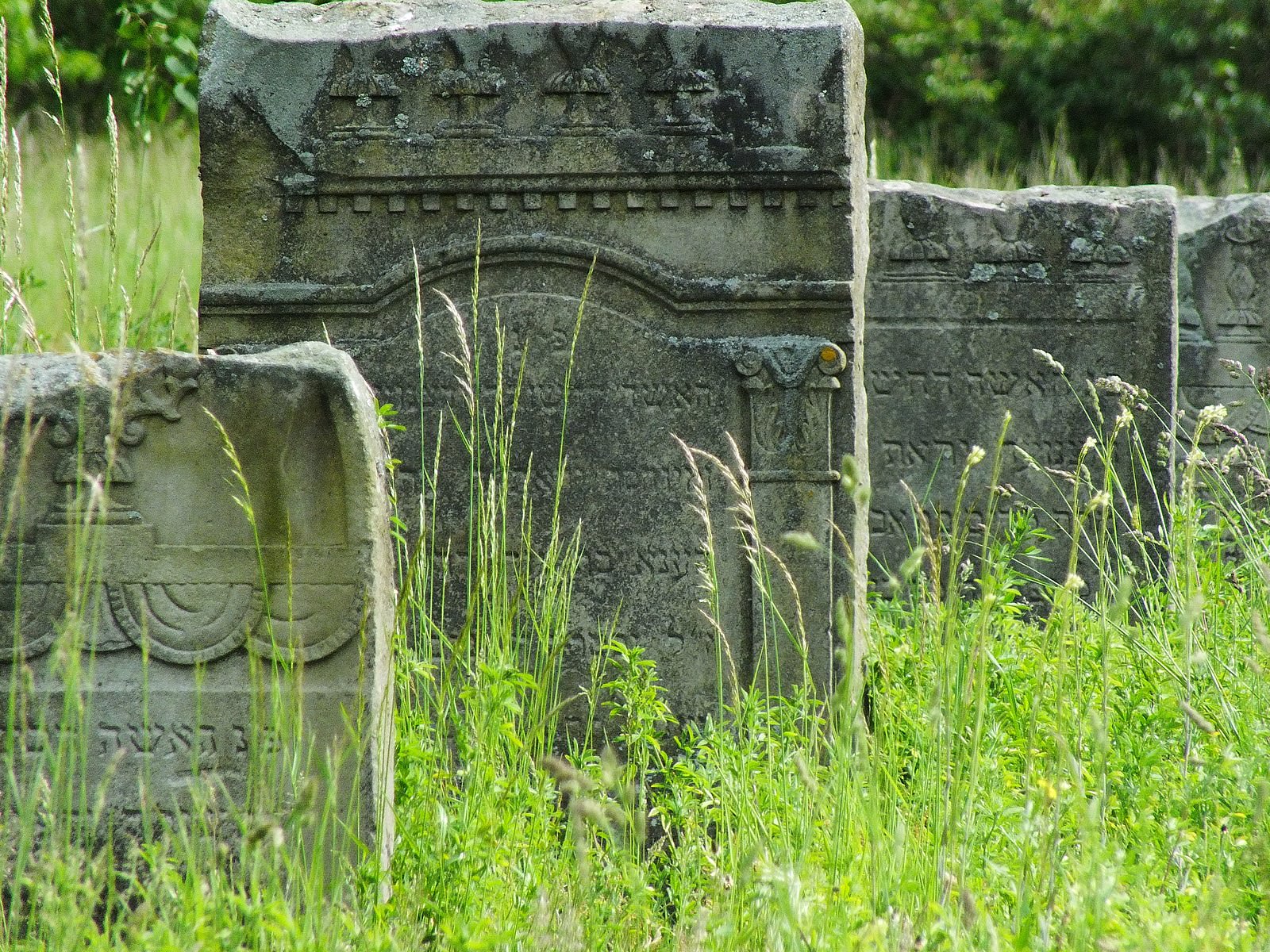
Between Ruins and Revival – Jewish Identity and Material Heritage in Post-Communist Poland
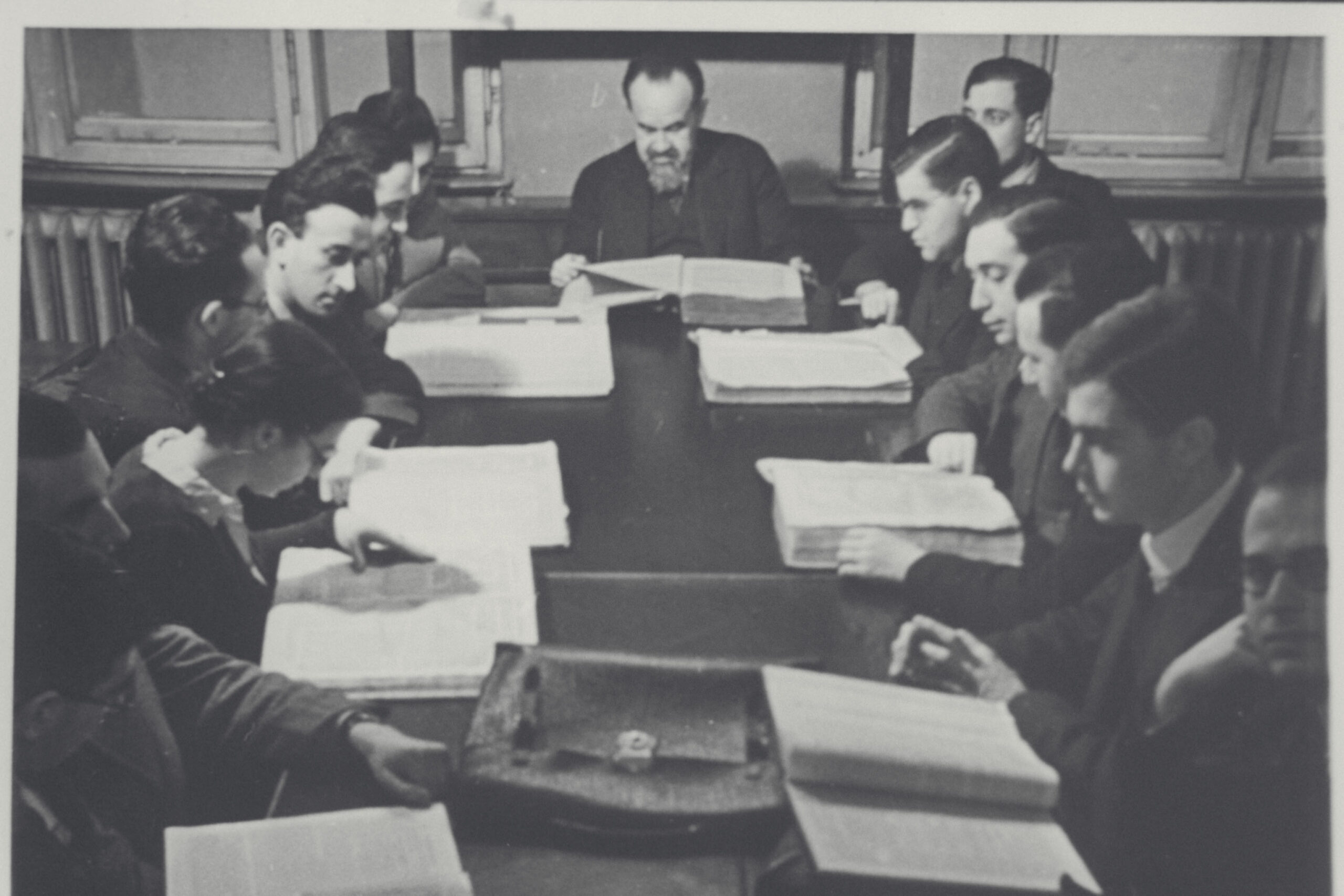
Places of Jewish Knowledge – The Wissenschaft des Judentums and its Material Sites in Berlin’s Urban Landscape, 1871–1961

Traces of belonging(s) – on the materiality of the imprisonment experience of Jewish women in the Ravensbrück women’s concentration camp
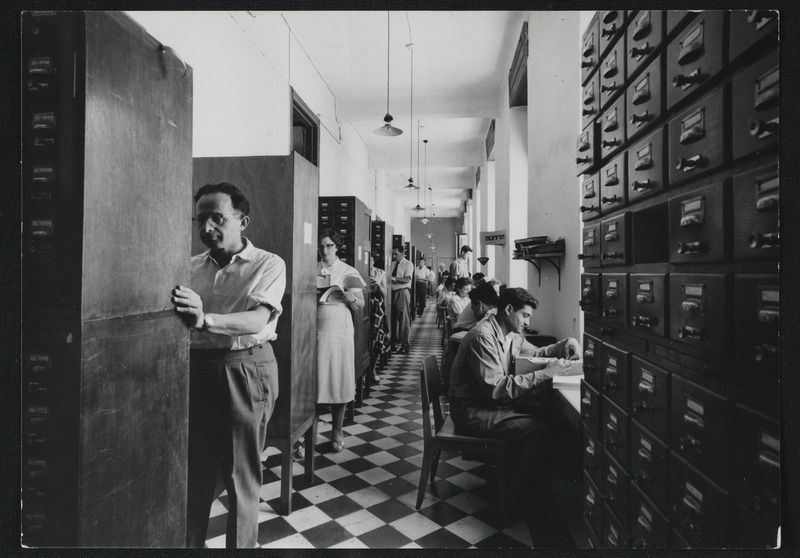
Aufbau im Übergang – Curt Wormann and the Jewish National and University Library between Nation-building and Cultural Diplomacy
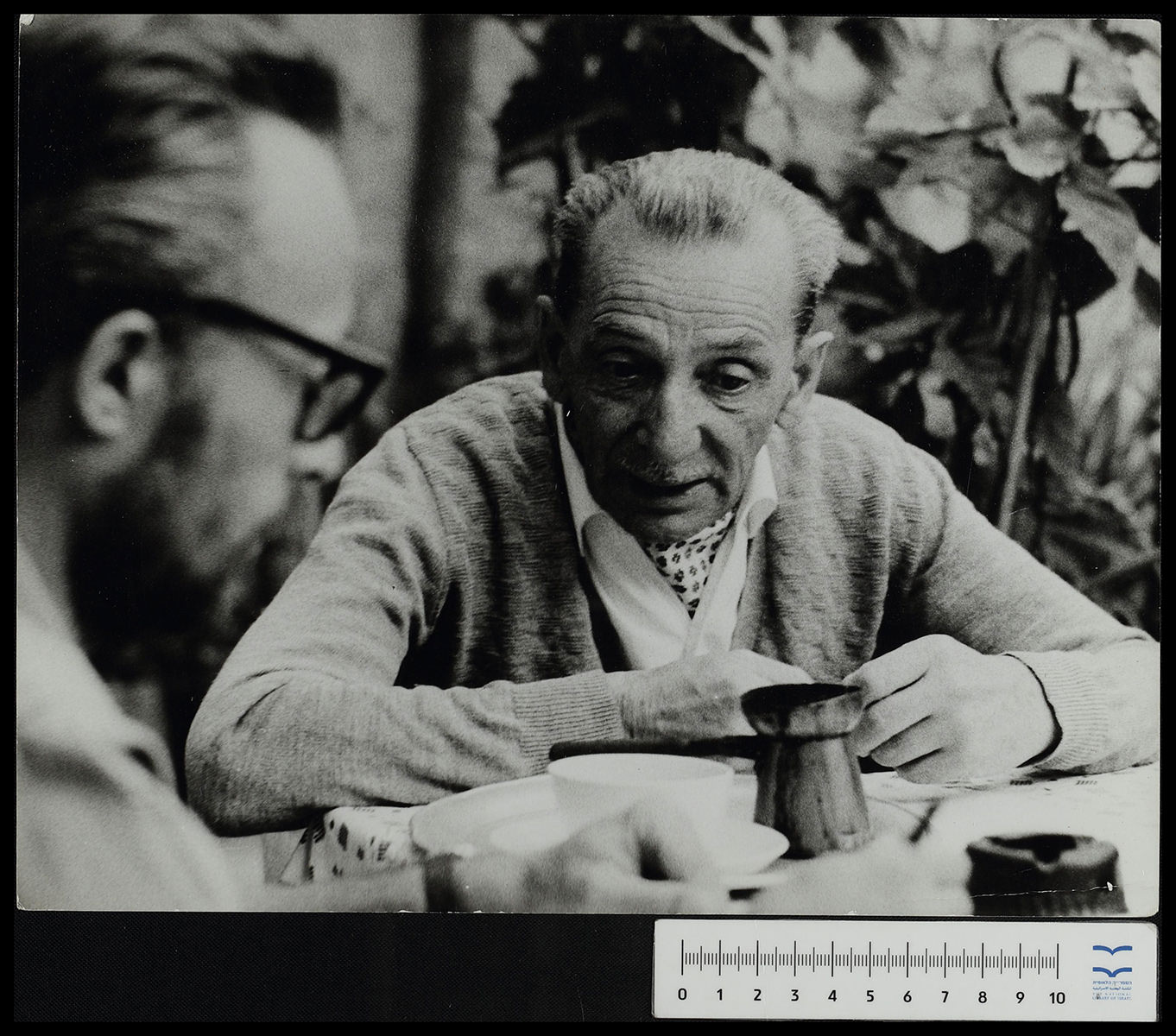
To Change, Question, and Criticize – Concepts of a ‘Werk’ and Concepts of Objects in Illustrated Magazines in Berlin and Vienna during the 1920s.
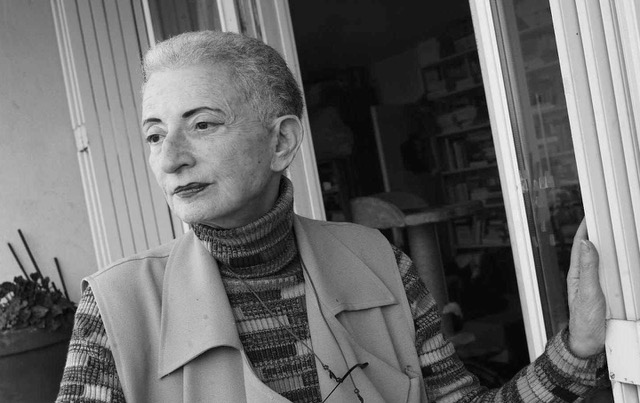
“Mes poumons comme les rouleaux de la Thora” – Towards a Poetics of the Trace: Jewishness, Exile, and Writing in the Work of Hélène Cixous

Materializing Memory and Sanctifying Place – Jewish Sephardic Heritage in Contemporary Spain
My research explores how Jewish Sephardic heritage is remembered and reinterpreted in contemporary Spain. Using the “Caminos de Sefarad” as a starting point – a project that connects routes through 21 towns with Jewish heritage – I examine how tourists, locals, and heritage organizations engage with the remaining material culture of Sephardic life and its memory, including monuments, restored synagogues, signage, and everyday objects. Through multi-sited ethnographic fieldwork, I seek to understand how these interactions generate emotional meanings, shaping national, cultural, and religious narratives.
The project draws on affect theory, critical heritage studies, and material culture approaches to explore how heritage sites and objects within them become emotionally charged and ‘sanctified’ through everyday practices and interactions. I aim to understand sanctification not merely in a religious sense, but as a broader affective process through which sites, and particularly heritage sites, come to hold emotional and cultural significance via embodied practices and personal or collective interpretations.
By combining participant observation, semi-structured interviews, and analysis of material and visual culture, this research contributes to anthropological understandings of place, memory, and affect. It also offers new insights into heritage studies by examining how Jewish Sephardic heritage is reactivated and negotiated through material encounters in contemporary Spain.
